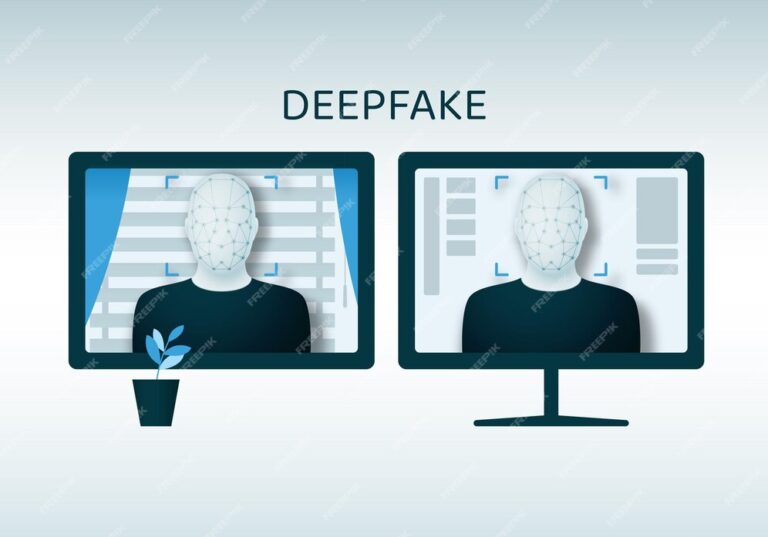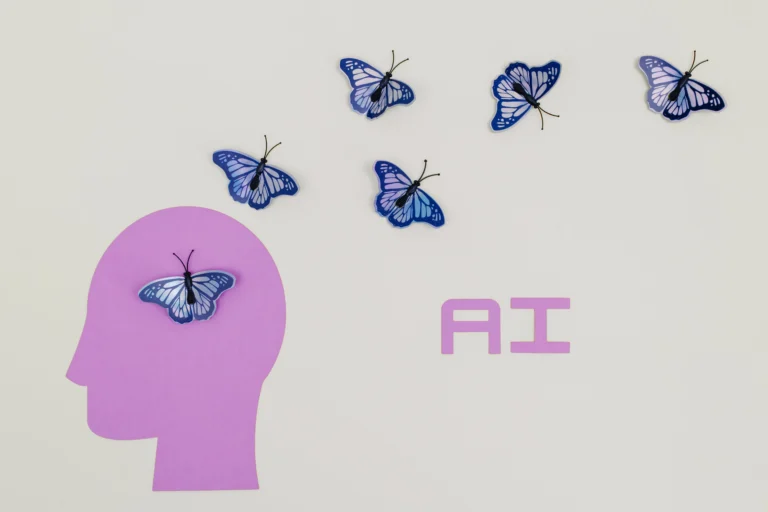Artificial intelligence, or AI, is improving quickly and being used in many parts of life. One area it could change is entertainment. AI could transform how fun content gets made and consumed.
But with great power comes great responsibility. As AI takes on creative jobs, hard questions come up about ethics, bias, privacy, and rights. Entertainment AI needs careful handling to avoid problems.

Made-up media
One way AI enters entertainment is by generating fake media. I’m talking about writing, music, speech, and video.
AI can pen stories, lyrics, jokes, poems – you name it – with little human help. It also composes tunes tailored to certain vibes and genres. Voice imitation software can mimic any speaker. And video tools clone how real people look and act.
On one hand, this democratizes creativity so more folks can make art and reach fans. Small teams can use AI’s infinite ideas to craft premium experiences. Fans might even resurrect dead celebrities or axed shows!
However, creating deep fake media without permission can violate people’s privacy and can bring serious legal issues.
Predicting preferences
AI finds patterns in data well. So it helps entertainment biz predict what content to offer up.
Film studios guess box office bucks to target marketing. Streaming sites recommend stuff personalized to each viewer. AI moderates communities and chats to stop abuse.
Seeing what people probably want means supplying more of that, good business! Predictions also optimize profits to fund diverse entertainment. Moderation fosters inclusive online spaces for fans.
But predictions come from real data, warts and all. Metrics like watch time unfairly impact some groups and art styles. Copycat content made to have “wide appeal” crowds out innovation. Too much customization fragments culture and shoves minority creators aside.
Keeping people involved
As AI handles more creative tasks in entertainment, keeping folks meaningfully in the loop is super important. Roles may switch from doing to overseeing, but people should still drive priorities. Entertainment resonates when creators connect with fans – automating everything risks weakening that bond.
Rules around transparency and staffing levels can ensure AI doesn’t sideline human perspectives. Standards for giving credit also value contributions fairly. Just as movies credit hundreds of production folks, AI tools used substantially in development may warrant shouts out too!
Judging impacts
Rising data analytics and recommendations create chances to assess entertainment in new ways. Measuring qualities like originality, influence, and social impact could complement money metrics that rule now.
More balanced reviews may encourage funding innovation and diversity over chasing just popularity. New participatory platforms also let crowdsource community reviews.
But safeguards must thwart harms from all this quantitative judgment.
No genres or demographics should face systemic disadvantage, so representation in reviews matters. Transparency over rating ways lets folks contest unfair calls.
Realigning motivations
Maximizing watch time, ads, and other business goals encouraged now produces downsides too. From outrage-bait content to privacy-eroding surveillance, what makes money isn’t always what’s best for audiences or society.
Updating policy and alternative funding programs aligned to values like education, connection, and empathy over profit could better incentivize socially aware entertainment. Artists also deserve compensation for algorithmic successes benefiting platforms over creators.
But what motivations optimally align interests for the greater good remain open questions. Ongoing input from diverse entertainment folks – and transparency to evaluate outcomes – help steer things responsibly.
Empowering people
As AI shapes media landscapes more, maintaining user control over consumption and data remains key to avoiding harm from lost privacy to polarization.
Responsible AI design principles like permission personalization, selective visibility, and data dignity empower people to set preferences and boundaries around tailored recommendations. Auditability features also support control by revealing why users see what they see.
Human-centered oversight processes additionally enable modifying algorithms that stray to realign with consumer needs and sensibilities. Entertainment AI should aid human flourishing, not coerce it. Keeping users in charge guides things responsibly.
Responsibility requirements
For AI to responsibly better entertainment, it should:
Promote fairness & access: Reduce unfair bias in data and systems. Help more people create and enjoy content.
Enable accountability: Share abilities and limits. Ethically log activity for checking. Have human oversight.
Respect privacy & consent: Get consent to collect personal data and likenesses for models. Allow opting out from data gathering. Don’t generate fake nudes for the sake of entertainment.
Uphold truth & authenticity: Label made-up media and suggestions. Watermark AI creations. Correct hype about abilities.
Empower people: Boost human creativity rather than substituting it. Keep entertainment pro roles in the pipeline.
Share rewards: Distribute revenues fairly to all contributors. Pay indie artists decently.
The bottom line
AI-powered fake media, predicting preferences and customizing content unlock new ways to transform entertainment. But companies wielding these tools must use care and wisdom.
Catching bias, allowing audits, checking systems, and being real about limits can help reduce risks. Updated rules on data rights, royalties, and accountability will further guide progress.
The scene is changing whether we like it or not. Thoughtfully applied AI can enhance both making and enjoying. But it should collaborate with people, not take center stage. We must direct how synthetic costars participate in this unfolding future.





